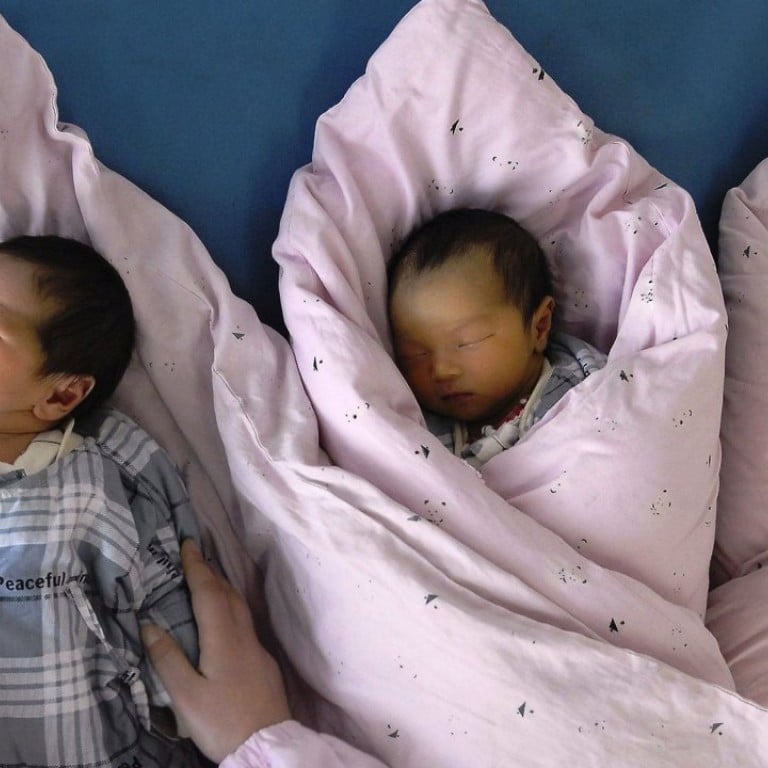
China officially ends one-child policy
End of decades-old decry allows couples to have two children, but no more
China officially ended its one-child policy yesterday with the signing into law of a bill allowing all married couples to have a second child as it attempts to cope with an ageing population and shrinking workforce.
The change, which was announced in October by the Communist Party, would take effect on January 1, Xinhua reported.
Watch: Chinese welcome new two-child policy
All married couples will be allowed to have a second child but the legislation maintains limits on additional births. The law was formally adopted by the Standing Committee of the National People’s Congress as it wrapped up its bimonthly session.
The one-child policy, instituted in the late 1970s, restricted most couples to only a single offspring and for years authorities argued it was a key factor to the country’s economic boom and had prevented 400 million births.
READ MORE - China slaps largest one-child policy fine, 7.5 million yuan, against director Zhang Yimou
It has been enforced by a national commission with a system of fines for violators and often forced abortions, leading to heartrending tales of loss for would-be parents. The policy led to sex-selective abortions or infanticide targeting girls, because of a centuries-old social preference for boys.
Rural families were already allowed two children if the first was a girl, while ethnic minorities were allowed an extra offspring, leading some to dub it a “one-and-a-half child” policy.
Watch: China’s extra kids mean business
As a result China’s population – the world’s largest at 1.37 billion – is now ageing rapidly, sex imbalances are severe, and its workforce is shrinking. These concerns led to limited reforms in 2013, including allowing couples to have two children if either of them was an only child, but relatively few have taken up the opportunity due to limited income and higher perceived opportunity costs.
Experts say that the shift to a two child policy is likely too little, too late to address the mainland’s looming population crisis and that the government is unlikely to dismantle enforcement mechanisms for reproductive control due to deeply entrenched bureaucratic interests.
READ MORE - China’s two-child policy ‘too little, too late’ demographers warn
Some mainland hospitals are anticipating a surge in the number of people having a second child.
Cheng Haidong, a professor of a hospital affiliated with Fudan University told online news portal ThePaper.cn that they expected 20 per cent more women at high risk group, meaning those aged above 35, to give birth.
The legislature also adopted the mainland’s first bill against domestic violence.
“The country prohibits any form of domestic violence,” reads the new law, which formally defined domestic violence and streamlined the process for obtaining restraining orders – measures long sought by women’s rights groups.


.png?itok=arIb17P0)